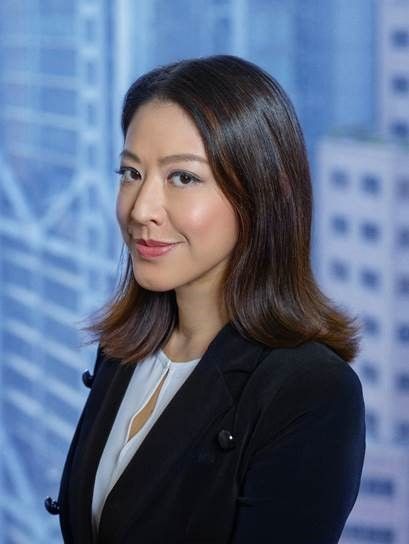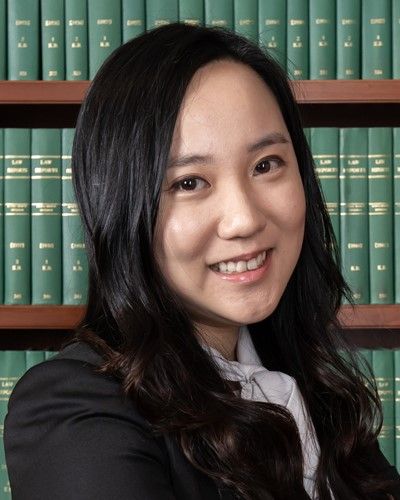Ever since the seminal Paris Agreement in 2015, green and sustainable finance has been front and centre of the conversation on climate change. Among all geographical regions, it is Asia that has the largest need for such finance. According to the Global Financial Markets Association and Boston Consulting Group, the region will require around USD 66 trillion of climate investment in the next three decades.
In Asia, Hong Kong is taking an active role in developing green and sustainable finance. Since 2015, the Special Administrative Region has made significant efforts to recognise the goal enshrined in the Paris Agreement to limit the increase of the global average temperature. In 2017, the Hong Kong Government in its Climate Action Plan 2030+ announced its 2030 carbon intensity reduction target. This was followed by an even more important announcement in the Government’s 2020 Policy Address: the city would strive to achieve carbon neutrality by 2050.
The Climate Bonds Initiative reported that the city’s green debt market in 2021 grew to USD 19 billion, which was 6.5 times more than it had been in the previous year, for which the Government raised more than USD 6 billion.
The Government Green Bond Programme
Hong Kong established the Government Green Bond Programme (the Programme) to issue green bonds to promote the development of green and sustainable finance. To cater for a wide range of currencies, projects, and issuance channels, the borrowing ceiling is set at HKD 200 billion (GBP 20 billion).
The Programme published its Green Bond Framework in 2019, which was updated in 2022. Under such framework, a green bond transaction must comply with four key requirements: use of proceeds, project evaluation and selection, management of proceeds, and reporting.
In respect of the use of proceeds, the transaction must fall within one or more of the eligible categories, which will provide environmental benefits to and support the sustainable development of the city, for example, renewable energy, energy efficiency and conservation, and climate change adaptation.
Project evaluation and selection will be overseen by a steering committee charged with reviewing and approving each green bond transaction.
The management of proceeds is handled by the Capital Works Reserve Fund, which is administered by the Financial Services and the Treasury Bureau (the FSTB). The FSTB will allocate the proceeds of green bond transactions to eligible projects.
As for reporting, the FSTB will issue annual reports on all green bond transactions executed, the allocation of the proceeds of such transactions, and the environmental and social impact of projects financed or refinanced through the Programme.
As of February 2022, under the Programme, green bonds amounting to more than USD 7 billion have been issued. More recently, in May 2022, the Government launched the HKD 6 billion (GBP 0.6 billion) inaugural retail green bonds under the Programme.
The Green and Sustainable Finance Grant Scheme
In May 2021, the Hong Kong Monetary Authority (the Authority) launched the Green and Sustainable Finance Grant Scheme (the Scheme) for three years with a view to provide subsidies for eligible bond issuers and loan borrowers to cover their expenses on issuance and external review services. Each eligible issue could be granted up to HKD 2.5 million (GBP 0.25 billion) for the general issuance costs and HKD 800,000 (GBP 80,000) for the review services.
As of April 2022, more than 60 applications have been approved under the Scheme, involving a grant amount of more than HKD 70 million (GBP 7 million).
Recently, the Government lowered the minimum loan size threshold in respect of applications for subsidies to cover the external review costs from HKD 200 to 100 million (GBP 20 to 10 million), which should encourage greater participation in the Scheme.
The way forward
The Hong Kong Institute for Monetary and Financial Research has highlighted challenges faced by the green and sustainable finance market going forward. They include low public awareness of the market, and the lack of harmonised international classifications and standards. Furthermore, there may be substantial financial and time costs involved in the verification and certification procedures, even in light of the Authority’s incentive schemes.
For now, it is imperative to keep an eye on how regulators and market participants respond to and address the above issues as well as the overall investor sentiment. While Hong Kong may have a clear idea of what it takes to position itself as a leader in green and sustainable finance regionally and internationally, only time will tell whether it will succeed in this important mission.

Catrina Lam was Called to the Hong Kong Bar in 1999. She is a member of the Des Voeux Chambers. Catrina was a former Middle Temple Scholar and has been serving as the Secretary for The Middle Temple Society in Hong Kong since 2009. She was appointed an Honorary Member of the Middle Temple in 2018.

Cordelia Yeung was Called to the Hong Kong Bar in 2018. She is a qualified barrister and is practising in Hong Kong. She was a former Middle Temple Scholar and has been assisting The Middle Temple Society in Hong Kong since 2019.




